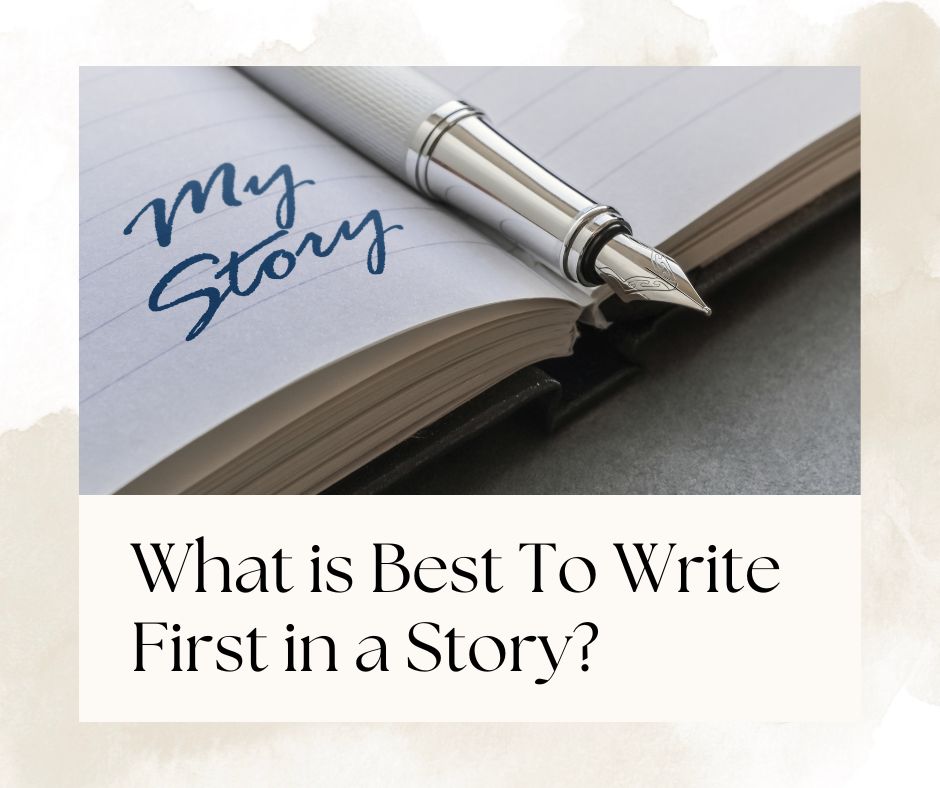Introduction
Writing is a skill that takes years to develop. In today’s world, it’s important to learn how to write well and have confidence in your ability to tell stories. The following tips will help you improve your writing skills:
A premise.
A premise is the “what if” statement that sets up the story. It can be a single sentence, a paragraph or chapter. A good premise will create curiosity and intrigue in readers so they’re eager to continue reading your book.
You can use this same approach to write out any kind of plot twist: “What if I told you that my favorite character had an illegitimate child with his brother?” Or maybe something more complex: “What if I told you there was an alien invasion taking place right now?”
A character.
A character is the most important part of any story. Characters are what bring us into a story, keep us interested and make us want to keep reading. They’re also why we read—to see how they react to things in their environment and interact with other characters as they go through their journey toward an ending that makes sense for them and the story at large.
However, while developing your character’s personality is vital (and can be done through dialogue), it should not be something you do before writing a scene or chapter—you should definitely have this information ready when you begin writing! The best way to get started on creating a great character is by thinking about where their motivations come from; what drives them? What makes them happy/sad/angry/etc.? If someone wants something badly enough then chances are there will be some kind of conflict between those wants being met vs others’ desires getting fulfilled first so always remember: everyone wants something different from life but often times this leads directly back into conflict resolution scenarios which ultimately help define who these people really are inside themselves (and thus how well built up each individual personality becomes).
An event or plot point.
Events are the things that happen in your story. They can be anything from character interactions and conversations, to physical actions or even changes in the weather. These events are usually not plot points because they don’t change who or what is important to the story (and therefore shouldn’t be surprising).
Plot points are events that have consequences and influence how the rest of your story plays out. This can mean something as simple as a character deciding to leave town after an argument with their best friend; it could also mean an entire kingdom is overthrown by one person’s decision. Either way, if these events aren’t consistent with who your characters are and how they act toward one another, then you’re probably writing bad fiction!
A setting.
A setting is a factor in plot and character development. It can be developed as part of your premise, or it can be developed based on the premise. In either case, it should be consistent with your premise. For example:
- If you’re writing an action novel about a war hero who must find his next mission before he dies of old age, then you might want to develop your setting around this idea by having him travel through different countries while looking for clues about what he needs to do next (or where he needs to go).
- If you want your story’s main character to have some sort of disability—maybe they’re blind or deaf—then maybe this disability will affect how they interact with other characters and events in their life!
A beginning/ending.
- A beginning/ending. The first page of your story is where you want to hook the reader, so it’s important to have a strong opening that draws them in and keeps them reading. An effective way to do this is through intrigue (the main character’s life looks like such fun), conflict (there’s something about him or her that makes us want him or her as our hero), and excitement (the journey itself).
- Make sure everything fits together at the end! If there are any loose ends left over from earlier in the story, tie them up so readers feel satisfied with their experience reading about these characters’ adventures—whether they’re happy endings or sad ones.
Development.
First, you should have a sense of where the story is going. If you don’t have an idea for what happens next and your characters aren’t moving in that direction, then it’s unlikely that your plot will either.
Next, decide whether or not your story is about people or events. If it’s about people and events , then make sure each character has some kind of motivation for what drives them forward through the book–even if it means adding more conflict later on down the road.
Conclusion
The best way to start your story is with an introduction. This can be a paragraph that introduces the characters, setting and themes of your story. It should be short and sweet.
